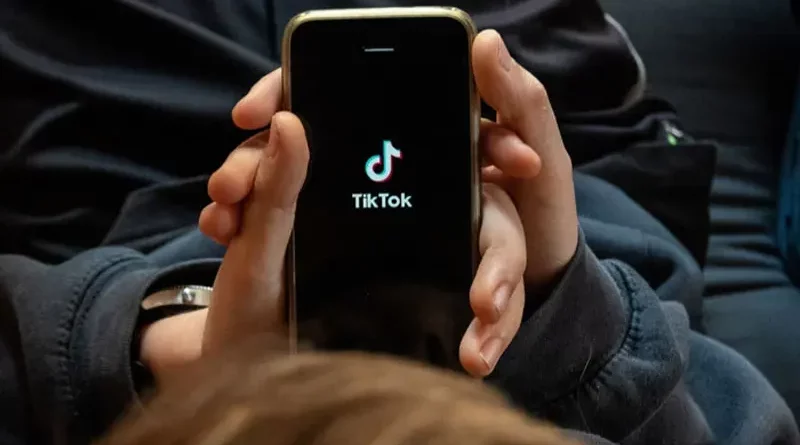Montana becomes first US state to ban TikTok
Montana Governor Greg Gianforte signed a bill under which the social media platform TikTok will be prohibited by January 2024. He said he wants to protect the state’s residents’ private information from being compromised referring to the Chinese government as a threat.
Montana has become the first state to legally bar its citizens from using Chinese TikTok — a widely used video platform — which could spark a legal battle regarding free speech between the citizens and the state.
It is the latest fallout of the US-China rivalry which targeted a tech platform — owned by Chinese company ByteDance.
The platform with billions of followers has been under the observation radar over its relations with China, citing national security threats to the US.
The federal government and over half of the US states have banned TikTok on government official devices. Biden’s administration even threatened it with a complete ban if its parent company refused to sell its shares.
Australia, Canada, New Zealand and the United Kingdom are also among the countries that banned TikTok on federal government devices, citing national security concerns.
The company denies all the allegations regarding data breaches saying “the company would not do so if asked.”
Reacting to the ban, TikTok said in a statement that the Montana bill “infringes on the first amendment rights of the people of Montana by unlawfully banning TikTok,” and that the company intends to “defend the rights of our users inside and outside of Montana.”
Back in March, CEO TikTok Shou Zi Chew was compelled to defend his company’s position regarding its ties with Beijing at a congressional hearing where the legislators criticised the CEO for the effects of TikTok on people’s mental health.
According to the new law, “the entities — app stores or TikTok — would be fined $10,000 per day each time user is offered the ability to access the social media platform or download the app.”
Users will not be affected by the penalty.
Montana Governor also barred government officials from using social media platforms that allegedly gather information and give it to adversary governments. The apps include WeChat — based in China — and Telegram — founded in Russia.
The opponents regard it to be an overreach of the government saying the dwellers of Montana could easily circumvent the ban by using a virtual private network — a service that shields internet users by encrypting their data traffic — preventing others from observing their web browsing. Carl Szabo, who serves as the group’s vice president and general counsel, said in a statement: “This is a clear violation of the constitution, which prohibits the government from blocking Americans from accessing constitutionally-protected speech online via websites or apps.”

